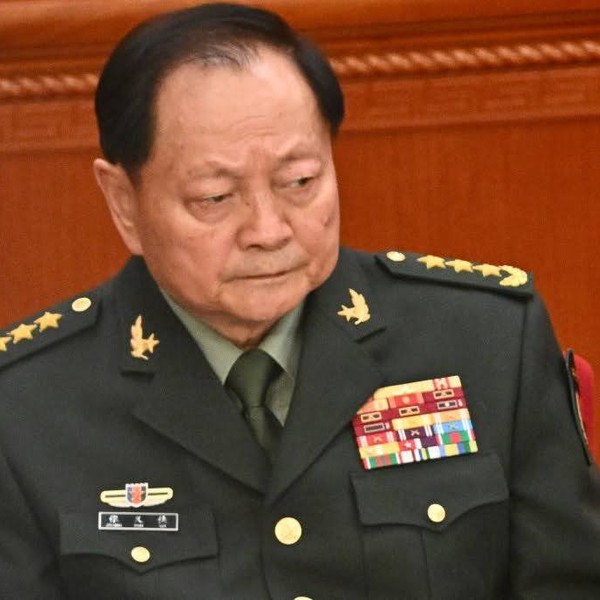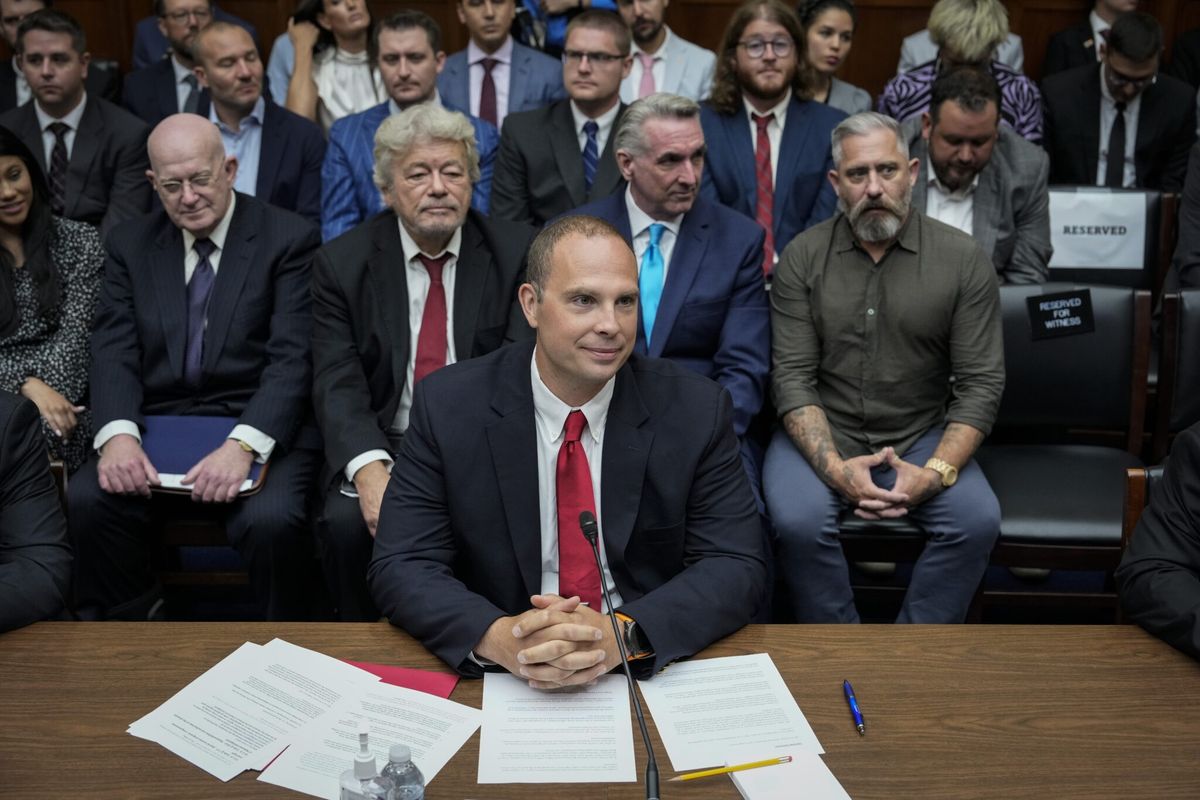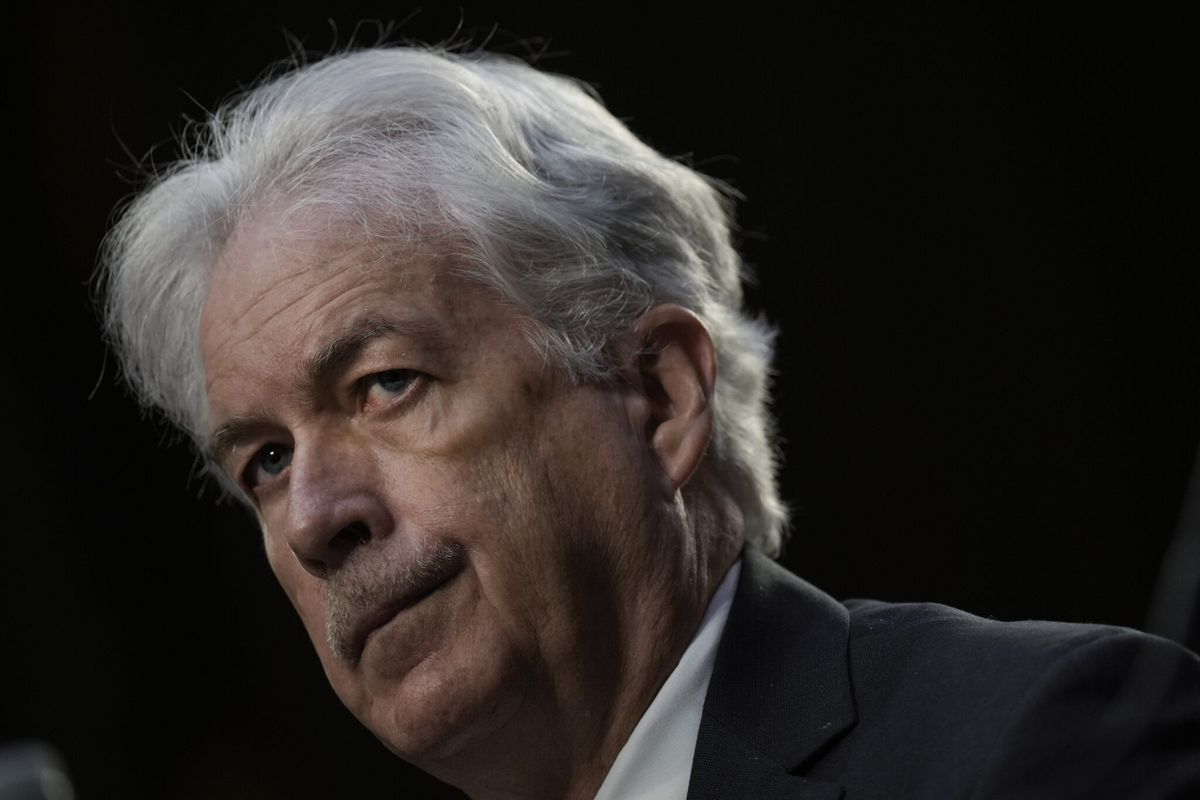OPINION — The recent London Ukraine Recovery conference has highlighted the necessity and importance of looking past the war, Ukraine’s currently stalled counter-offensive, and a flurry of commentary in media, government, and think-tank domains of the need for negotiations to end this tragic war. These events have been framed by President Xi’s April 2023 phone call with President Zelensky, President Xi’s recent meetings with Secretary of State Blinken, Prime Minister Modi’s current state visit to America, President Putin’s indictment by the Hague Tribunal for war crimes, and Pope Francis’ recent Vatican meeting with President Zelensky. Former US Ambassador to Russia Michael McFaul (in his recent op-ed) is totally correct that we need to start thinking about peace in Ukraine. By not ‘losing’ the war outright, Ukraine, led by its heroic, courageous leader President Zelensky, has won a true victory against Russia’s tyranny. But tragically, there are no true real winners in this genocidal war, a war which has left Ukraine damaged, with 30-40% of its population displaced, and expected to cost $1-2 trillion USD to rebuild. The fact that such high-level discussions about negotiations and rebuilding Ukraine are happening now, in the public eye, along with quieter behind the scenes diplomacy, speaks for itself.
Putin’s tenure as Russia’s President, and his previous roles in politics and in the KGB and FSB, reveal a ruthless, intelligent, rational, resilient, and persevering leader who has used a whole of government approach – diplomacy, intelligence, cyber, information warfare, assassinations, military actions, and economic policy – to achieve numerous successes over the past 23 years. His disastrous strategic intelligence failure in Ukraine should not cause outside observers to doubt his tactical capabilities or ability to exhibit long-term patience in achieving his domestic and strategic goals. Putin has always played a ‘long game’ – and he has often played it well. When we think of another pariah leader playing a similar long game with skill, we should look no further than Syria’s President Bashar al-Assad — now a welcome visitor in numerous Middle Eastern capitals. This lesson has surely not been lost upon President Putin.
Dealing with Putin is less about traditional diplomacy, and more about understanding a nuclear-armed hostage taker and now, indicted war criminal. Can one negotiate with such a person? Yes — but doing so is not easy, and requires empathizing with Putin’s view of the world, and how he sees both himself and Russia. The fact that Putin’s threats and current strategies are doomed to fail doesn’t mean that we can ignore them – or him. Putin believes that time is on his side. Just as in FBI negotiations with hostage-takers, America and its allies need to counter that time is on our side, and on Democracy’s side. This requires – more so than ever - western and allied unity from a position of strength. Putin, like Russia, only respects strength.
Recent cyber-attacks against Ukraine, ongoing bombing of civilian targets, sabotage of Ukrainian infrastructure (including mining much of the Donbas region and likely blowing up the Kahovka dam), deployment of Russian nuclear weapons in Belarus, and the illegal hostage-taking of Wall Street journal reporter Evan Gershkovich fit into an existing, harsh paradigm of asymmetric, gray zone warfare which, short of the actual use of nuclear weapons by Russia against Ukraine, could warrant comparable, asymmetric responses or escalatory moves by America and its allies. Nevertheless, Putin has recently exhibited some degree of ambivalence about his ‘special military operation.’ He recently stated that he respects Ukraine’s sovereignty, and his acolyte – Wagner CEO Yevgeny Prigozhin – has repeatedly praised Ukraine’s President Zelensky, while publicly criticizing Russian military leaders such as Defense Minister Shoigu and General Valery Gerasimov.
Want to know what the top minds in cyber are most worried about when it comes to Artificial Intelligence? Save yourself a seat at The Cyber Initiatives Group virtual Summer Summit on Wednesday, June 28th and find out.
But Prigozhin’s criticism has now morphed into a full-blown mutiny and public challenge to Putin and to the state. This now-open conflict and ambivalence should be aggressively exploited by the West, from a military, diplomatic, and intelligence point of view. Putin’s allowing Prigozhin to escape into exile in Belarus has has huge implications for Ukraine, and suggests that Putin continues to search for an ‘off-ramp’ therein as well, allowing him to end Russia’s – and his! – disastrous role in this war. Sometimes it really becomes more prudent to let the bear out of the cage and back into the forest. We must remember that while Putin is (according to CIA Director William Burns) quite healthy, he is also 70 years old. In this sense, any future negotiations – from their long-term sustainability and durability – also involve negotiating with unknown persons - Putin’s potential successors. A key long-term goal of any negotiation must remain bringing Russia back into the family of nations.
Recent emphases on future peace negotiations and on rebuilding Ukraine have now moved to front and center, while oddly, neglecting China’s potentially critical role, as Russia’s key ally. Current negotiation positions – including EU and NATO accession, security guarantees for both Ukraine and Russia, reparations, war crimes charges, border and sovereignty concerns, and rebuilding Ukraine – are extraordinarily challenging, and given today’s complexities, make the 1995 Dayton Accords or the 1999 Kosovo accords look far simpler in retrospect. Legitimate questions also exist as to whether Europe has the political and economic will to play a fuller economic and political role in rebuilding Ukraine. And a divided American polity, given our upcoming 2024 election, can hardly shoulder a $2 trillion burden of rebuilding Ukraine.
But China has the resources to do so, and Xi’s appointment of a special envoy to Ukraine is both strategic and economic. Xi could, by integrating Ukraine into the BRI, play a key role. In doing so, China might successfully integrate itself into a post war Ukraine, Russia, and Europe. Furthermore, China can surge its economy post-COVID and utilize its state-owned enterprises (SOEs) to expand its domestic output and try to get past its challenging middle income trap and the unfavorable demographics of its aging society. Ukraine, the EU, and the ‘Global South’ are likely to consider such proposals. Sadly, a divided America risks being left behind. But careful and thoughtful diplomacy on our part can bring America back into the fold. This will require energetic leadership on President Biden’s part to achieve bipartisan support not only in Congress, but using his bully pulpit, from the American people.
China’s President Xi has continued to showcase his and China’s boldness as a rising power, aspiring to achieve the Great Rejuvenation of the Chinese people by 2049. But will he, and China, act as a responsible stakeholder, or rather, align themselves solely with Putin’s Russia, as a pariah state and disruptor? The implications of this question are huge —- for China, Ukraine, Russia, Europe, America, and the rest of the world, especially Taiwan. Xi’s Ukraine Gambit can thus be a ‘win-win’ or, depending upon his and China’s actions, a ‘lose-lose.’
The Cipher Brief is committed to publishing a range of perspectives on national security issues submitted by deeply experienced national security professionals.
Opinions expressed are those of the author and do not represent the views or opinions of The Cipher Brief.
Have a perspective to share based on your experience in the national security field? Send it to Editor@thecipherbrief.com for publication consideration.
Read more expert-driven national security insights, perspectives and analysis in The Cipher Brief because National Security is Everyone’s Business














